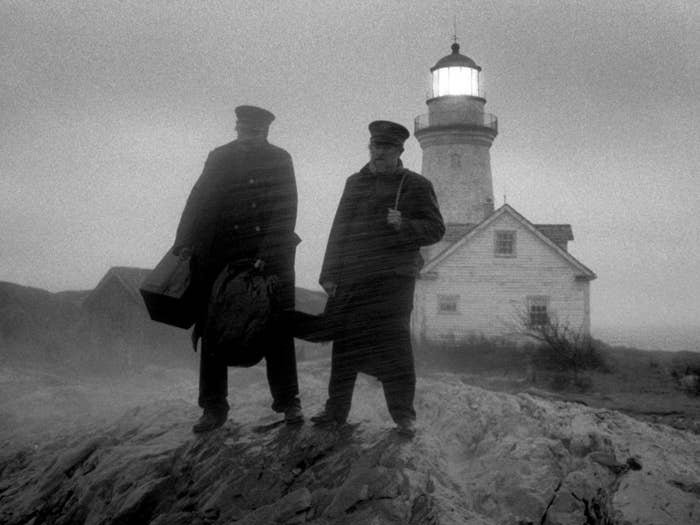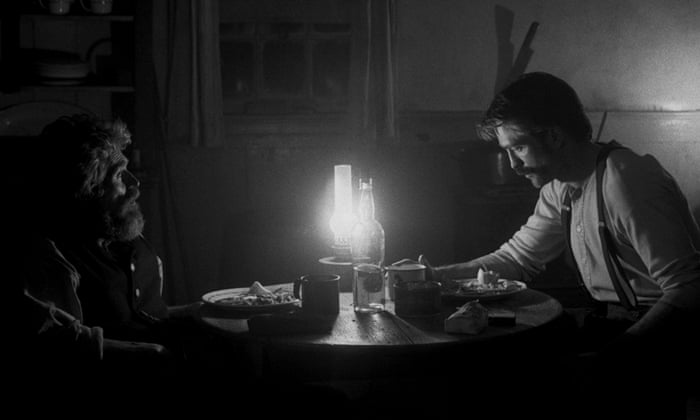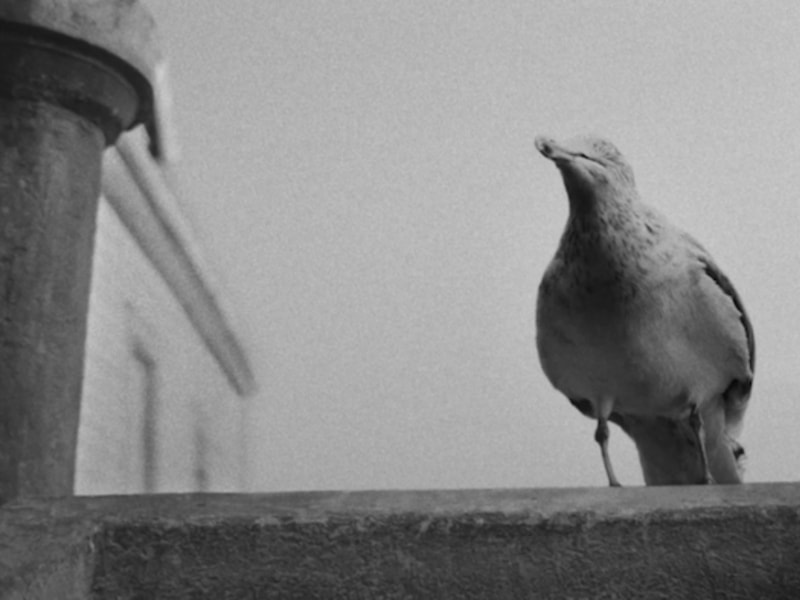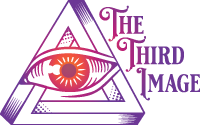The Lighthouse



A couple of years ago Director Robert Eggers’ first feature The Witch, a haunting tale of a 17th century New England family cast out by their community, was one of my favourite films. It’s an incredible mood piece with solid performances from all involved, including a young Anya Taylor-Joy, and everyone’s speech and vocabulary accurate to the period (as far as we know) giving it an edge of realism seldom witnessed. The film garnered a cult following amongst audiences and critics. It’s no surprise therefore that expectations were high with this follow-up.
Attempting to conjure up the right words to paint a picture of what The Lighthouse is, I find myself at a loss. The experience is so powerfully visceral that you need a moment to yourself to shake off the wind, rain and sea water so prominent in the frame and soundtrack, before being able to verbalise what the hell just happened.
This time set in the late 19th century, and, I understand, off the coast of New England, two men arrive on a lighthouse island to take a four week shift at supervising it. One, Willem Dafoe, the older seasoned lighthouse keeper, at one with the sea and elements, whilst the other, Robert Pattinson, a newbie to the job, a more grounded youth with a suspicious past. Long nights and days ensue, as does the drinking, the delving into each other’s histories, the arguments and one-upmanship, the hallucinations, and eventually, a fight for survival.
The Lighthouse has been branded a horror film, but this is more of a psychological study. Of a sick mind, perhaps, but who amongst us does not have unspoken secrets, guilt, and shame locked up at the back of our minds. If we let them lie for long enough, our own minds might turn against us. Amongst this visceral experience of unforgettable imagery and overbearing sound, full of symbolism and motifs, the story leaves much to be read into and interpreted, which will be frustrating to some but also part of the enjoyment for others. Some suggest it’s a Promethean parable, a journey through hell, or a journey through purgatory. I’ve heard it’s a parable on the attempt at overcoming alcoholism. To some, the two characters are in fact the same person, the older man confronting his younger self. Ultimately, it doesn’t matter if all you want to do is sit back, switch your mind off, and enjoy the ride.
Dafoe and Pattinson are in incredible form, soaking up the characters and chewing the scenery – Dafoe particularly having a good time as he pushes the limits of play in regards to what he can do with the character. Loud and dominant at one moment, weasely and introverted at another, and then suddenly frail and pathetic. The words and dialogue they’re given are not what movies are regularly accustomed to, some if it sounding like Herman Melville-esque literature. One epic monologue Dafoe gives is like a spell he casts on us, more dramatic in tone and delivery than Samuel L. Jackson’s famous “The path of the righteous man…” monologue in Pulp Fiction.
It’s been called “a descent into madness” and “the most disturbing film of 2019” (when it was released in the U.S.). In a year marked by isolations and quarantines, it’s fitting that The Lighthouse was one of the only films I got to see at the cinema in 2020 (on the 14th of February, just to say). If the movie serves as psychological preparation for lockdown, or to show how really bad isolation can get, then it does the job devilishly wholeheartedly – no way was my 2020 anywhere near as bad as what these two characters go though. And I pray that any purgatory I experience isn’t anywhere close to this nightmare.
